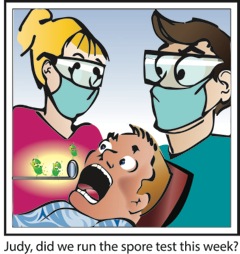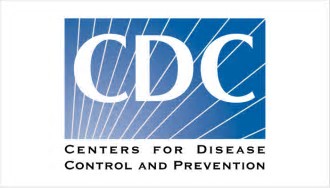Effective sterilization is essential to protecting patients and staff in the dental setting. Biological monitoring,…
Paid Sick Leave Required in CA – California Regulations
On September 10, 2014, California Governor Brown signed the Healthy Workplaces, Healthy Families Act (AB 1522) into law. Starting July 1, 2015, all private and public employers, regardless of size, will be required to provide paid sick leave (PSL), with the following stipulations:
- An employee who has worked in California for 30 or more days within a year, beginning at the commencement of employment, will be entitled to PSL at a rate of one hour of sick pay for every 30 hours worked. This applies to part-time, full-time, non-exempt, and exempt employees.
- Employees can’t start using PSL until the 90th day of employment, but accrued unused PSL can carry over to the following year.
- An employer can limit the amount of PSL an employee in a year to 24 hours, and can cap the total accrual amount to 48 hours or six days.
- Employers are prohibited from retaliating against employees who request PSL.
- The new Law includes a new poster requirement, notifying employees of their PSL rights. The poster will be available closer to the effective date of the Law. Other notice and recordkeeping provisions are included in the new Law. For our OSHA Review subscribers, the new poster will be included as part of our Poster Set.
- If employers already offer PSL, they will need to make sure the policy meets the conditions of the new Law.
This Law covers many special conditions that are not discussed in this article. To ensure your office is meeting employment requirements, refer to your employment attorney or your human resources department for more information on how this Law might apply to your office.
Since 1992, OSHA Review, Inc. has provided dental professionals with comprehensive programs to support regulatory compliance and infection control. We are a registered continuing education provider in the state of California, specializing in Dental Practice Act, infection control, and OSHA training.



